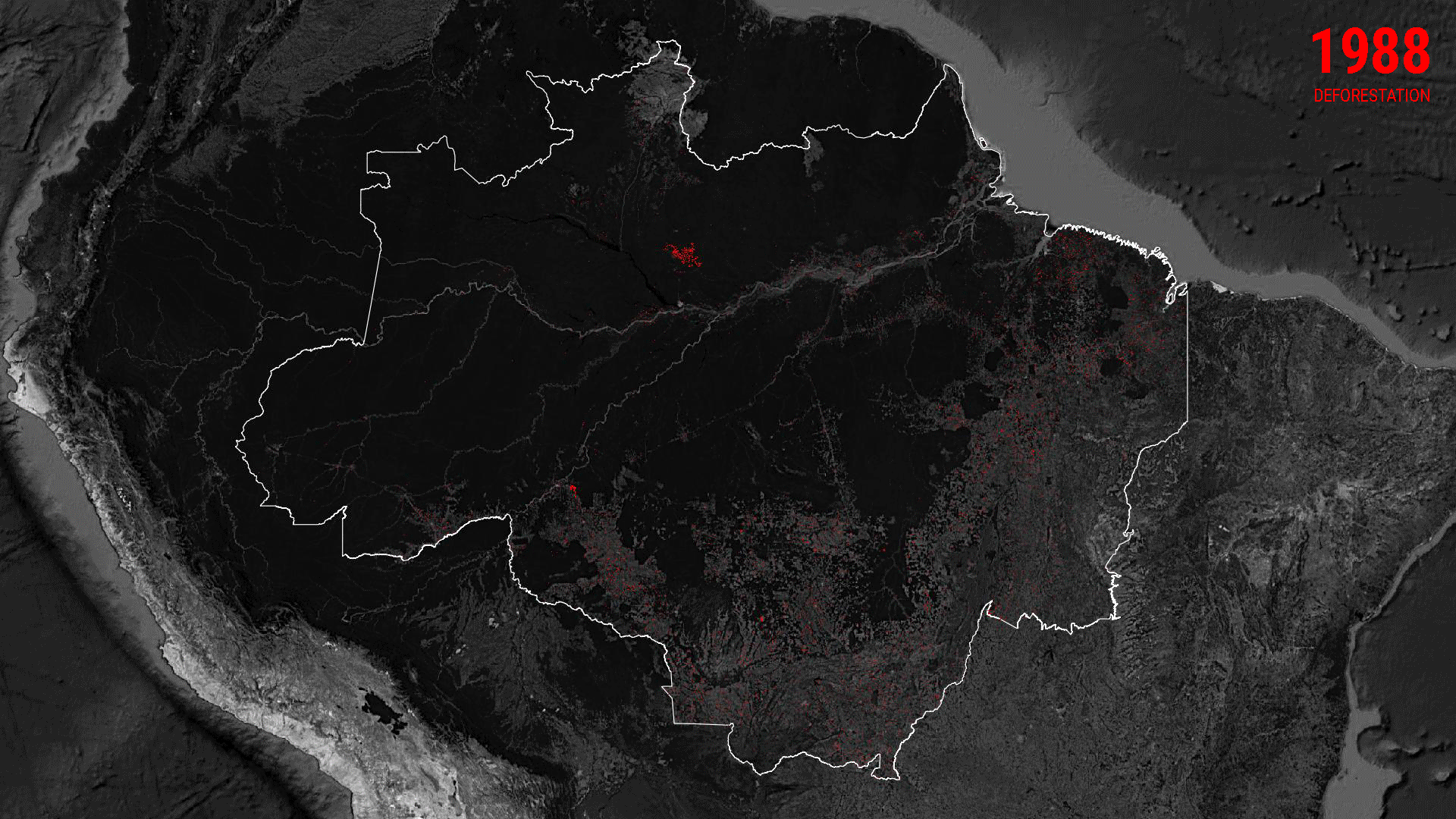An investigation into the crimes described in the Communication is in the interests of justice. The impact of the mass crimes has immediate, serious and enduring ramifications on the lives of indigenous, traditional, quilombolas, and other vulnerable communities in the Amazon. The thousands of Rural Land Users and Defender victims deserve justice; the Network should be held to account.
But this case engages far broader interests. The stakeholders are not limited to Brazilian Rural Land Users and Defenders; the stakeholders include global communities, both today and in the future.
Global warming is the greatest threat facing humanity, and the Amazon rainforest is an essential weapon in our fight against it. The Amazon rainforest acts as the ‘Earth’s lungs’, inhaling billions of tons of carbon otherwise destined for the atmosphere. With each tree felled and each fire lit, this vital ecosystem shifts from being a carbon sink towards being a carbon emitter, heating the planet it once protected. At a time when we need every tool at our disposal to stop global heating, the Amazon must be protected. And the best way to preserve the rainforest is to protect its guardians – the Rural Land Users and Defenders.
Crimes that destroy indigenous and traditional ways of life today are destroying the stability of our shared climate for tomorrow. The unlawful dispossession of land, exploitation of natural resources, and destruction of the environment in the Amazon must be stopped.
CLIMATE CHANGE
In the Brazilian case, deforestation is the main vector of Greenhouse Gases (GHG) emissions and, consequently, of climate change. An analytical document of the System of Estimates of Emissions and Removals of Greenhouse Gases (SEEG), an initiative of the Observatório do Clima comprising the production of annual estimates of GHG emissions in Brazil, points out that in 2020, 46% of the total gross Brazilian emissions, 998 million tons of CO2 equivalent (MtCO2e), were connected to "land use changes" sector, which in Brazil means deforestation. Therefore, reducing the protection of Rural Land Users and Defenders or leave them to their fate also means boosting climate change. From yet another perspective, promoting deforestation means fomenting violence against the undefended traditional populations in the campos of the Brazilian Amazon.
The environment under threat and attack as a result and in the context of the crimes against humanity described in this Communication is in essence an international right since it always expands beyond national borders and frontiers. The environmental consequences of these crimes will be felt in the form of a myriad of extreme events in the four corners of the world. According to IPCC (Intergovernmental Panel on Climate Change) latest report, the so-called AR6, this is already happening and if nothing is done by humanity to revert the current course, it will rapidly get much worse.
In the Brazilian Amazon, neglecting deforestation means neglecting the traditional populations that live there. The more the legal policies and instruments for environmental protection are undermined, the more the Rural Land Users and Defenders are unprotected and attacked. And the more the planet’s climate will suffer. Hence, the perfect vicious cycle.


